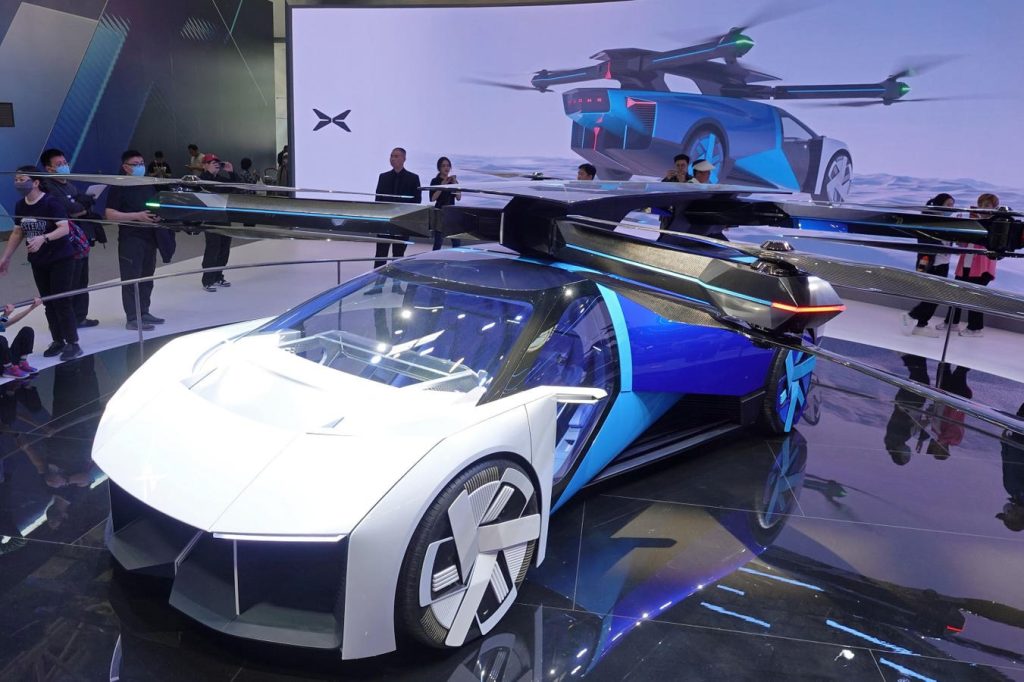Chinese luxury electric vehicle maker Xpeng continues to see growth in its vehicle deliveries, with a total of 9,393 vehicles delivered in April, representing a 32% year-over-year increase. This growth was largely driven by the sales of the X9 multi-purpose vehicle, which saw 1,959 units sold during the month. This performance was better than that of rival Li Auto, which experienced slower growth in April, delivering 25,787 vehicles, up just 0.41% from the previous year. However, Xpeng’s growth was still below that of Nio, which delivered 15,620 vehicles in April, reflecting a significant 134% year-over-year increase.
Despite the positive growth in vehicle deliveries, Xpeng stock has experienced a sharp decline of 80% from early January 2021 to around $9 currently, significantly underperforming the S&P 500 over the past three years. While the stock saw returns of 18% in 2021 and 47% in 2023, it experienced a significant drop of 80% in 2022. This underperformance raises questions about the company’s ability to beat the S&P 500 in the near future, especially in the face of uncertain macroeconomic conditions with high oil prices and elevated interest rates.
There are concerns about global EV demand, with mainstream automakers scaling back on their electrification goals. However, China’s EV market benefits from considerable government support, with initiatives such as incentives for consumers to trade their older gasoline cars for electric vehicles. Despite this, competition and price wars in the industry are intensifying, with even Tesla reportedly scaling back production at its plant in Shanghai due to rising competition. However, Xpeng remains a strong player in the self-driving software space, with plans to launch more than 10 new models over the next three years and partner with Volkswagen to co-develop EVs in a strategic partnership.
Xpeng’s focus on self-driving technology and plans to launch more mass-market models, including the new sub-brand Mona with vehicles priced under $21,000, position the company for growth and competition with larger volumes. The company’s XPeng navigation guided pilot feature, which enables self-driving in various scenarios, has seen strong adoption rates in urban driving scenarios. Xpeng’s strategic partnerships and plans for expansion indicate its commitment to innovation and market competitiveness. Overall, while challenges such as competition and market dynamics persist, Xpeng’s continued growth and strategic initiatives suggest that it has the potential to navigate these challenges and drive performance in the Chinese EV market.
Despite the uncertain outlook for Xpeng and the Chinese EV market, the company’s focus on self-driving technology, strategic partnerships, and plans for expanding its product offerings indicate a strong potential for growth and competitiveness. While challenges such as global EV demand and increasing competition persist, Xpeng’s innovative approach and commitment to market expansion position it as a key player in the rapidly evolving EV landscape. As the company continues to ramp up its sales and explore new partnerships and product launches, its ability to navigate challenges and drive performance in the Chinese EV market will be crucial for its long-term success and sustainability.


